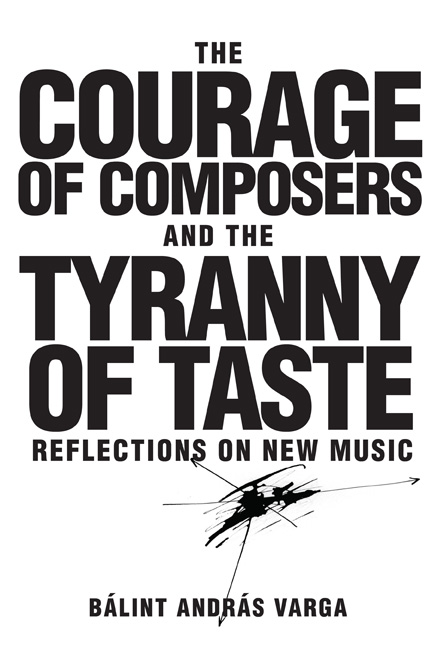37 - Heike Hoffmann (b. 1958)
Published online by Cambridge University Press: 22 May 2021
Summary
Heike Hoffmann is artistic director of the Schwetzingen Festival. In past decades, she was active in a similar position with the Musik-Biennale in Berlin, the Berlin Konzerthaus, and the Salzburg Biennale.
I first met Heike Hoffmann in Berlin, probably at the beginning of 1991. I had taken up my job as deputy director of the Hungarian Cultural Institute in January that year, shortly after the fall of the Berlin Wall. Haus Ungarn, as it was then called, found itself in a vacuum, its once faithful visitors having decided to take advantage of their newly won freedom and revel in the rich cultural life offered in the western half of the city, from which they had so long been cut off.
Hoffmann was an “Ossi,” as former citizens of the German Democratic Republic were referred to and, in a way, so was I, coming as I did from what had been the People's Republic of Hungary. She and I shared a similar background and an effort to establish ourselves in the new order of things.
She succeeded to a remarkable degree: born in northern Germany, she started life as an assistant in a private music shop and worked her way up to become a leading light of German musical life.
Hoffmann visited me in the spring of 1991 as representative of the Berlin Biennale, looking for a Hungarian composer from whom the festival could commission a new work. I was in my element: after all, I had been responsible for the promotion of contemporary Hungarian music until a few months before. Our contact produced Elegy for wind quintet and string quintet by András Szőllősy (1921–2007), a piece of enduring appeal, for it continues to be played at regular intervals in Hungary.
I am not sure whether our professional association in the succeeding sixteen years or so was similarly successful from my point of view. In any case, I visited Hoffmann each time I was in Berlin as promotion manager of Universal Edition, Vienna, and informed her about the activities of the publisher's composers. She was friendly, apparently interested—and adamantly impervious to suggestions.
- Type
- Chapter
- Information
- The Courage of Composers and the Tyranny of TasteReflections on New Music, pp. 237 - 240Publisher: Boydell & BrewerPrint publication year: 2017

